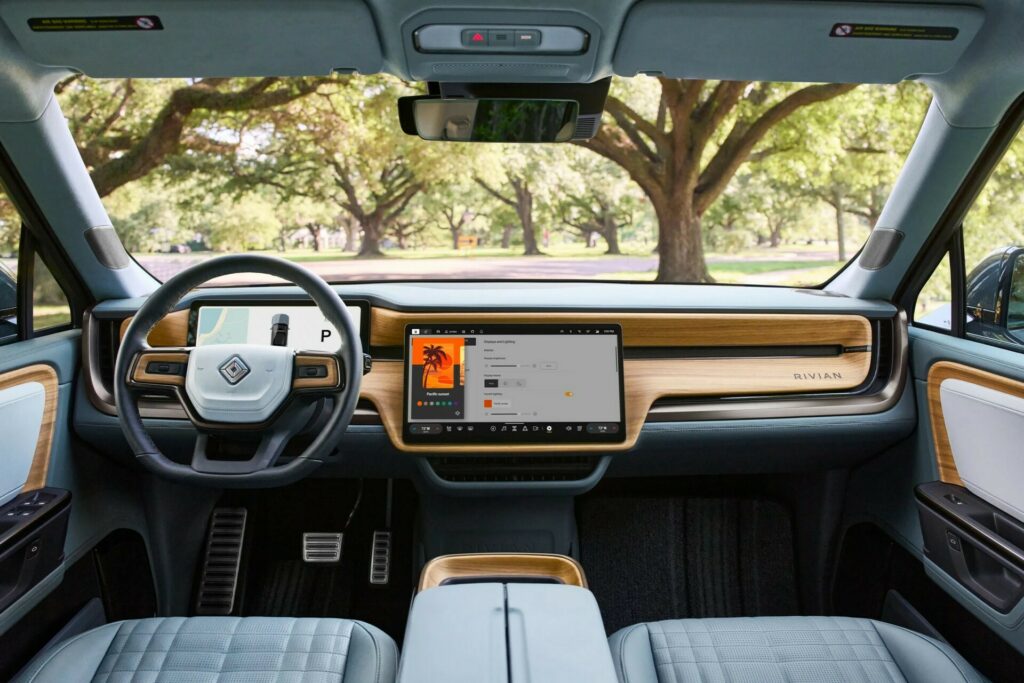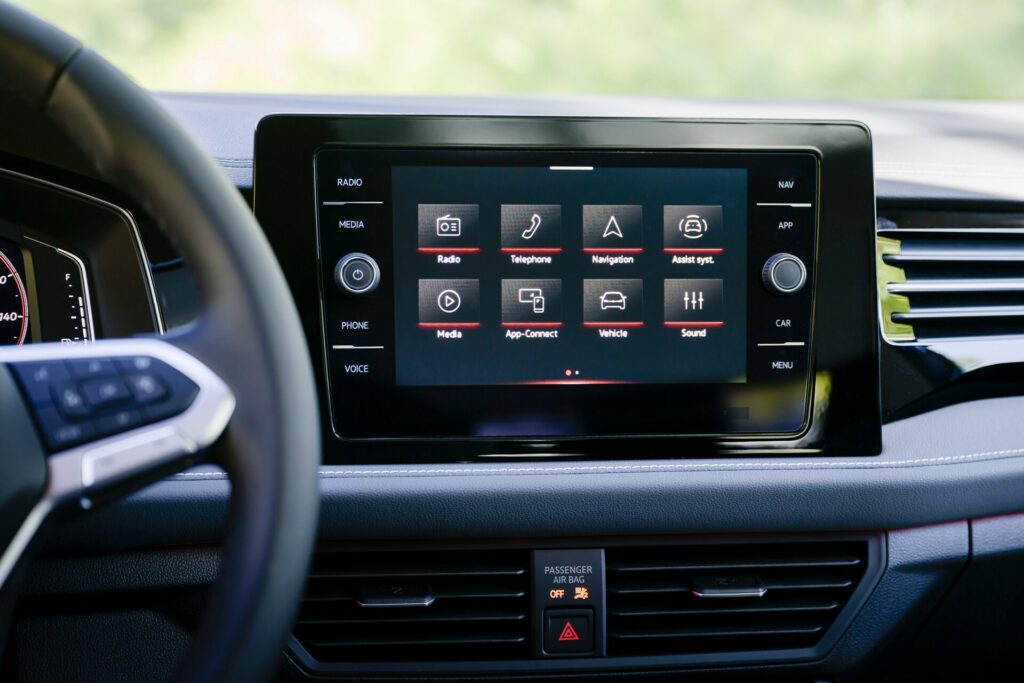- Volkswagen and Rivian have partnered up to make software and share technology.
- Despite that, the American EV manufacturer still has major challenges ahead.
- It also has a history of deals with big-name brands falling through.
On June 25 VW and Rivian announced that they’d work together, with the German carmaker to invest up to $5 billion in the EV brand. That sounds like an automatic win and it shot Rivian’s stock price up on the same day. However, according to analysts, the challenges for Rivian are still there.
Rivian is hoping to make a quarterly net gross profit before the year is out. It willingly shuttered production for almost a month this year to improve its manufacturing efficiency. This new investment also doesn’t change the fact that Rivian is going to burn through a lot of cash in the next few years, experts say.
More: VW Will Invest $5 Billion In Rivian To Get Its EV Tech And Software
In the first quarter, Rivian lost $1.45 billion. According to AutoNews, Morgan Stanley expects the EV maker to lose another $8 billion between now and the end of 2027. Notably, that didn’t involve the new deal with VW. The German auto giant could aid Rivian in its manufacturing processes, in a bid to become more mainstream.
“The EV business is sure looking like a race to the bottom in terms of excess capacity into slowing demand and a Chinese EV machine just getting started in the export/transplant markets,” Morgan Stanley said. That is another challenge Rivian has to come to grips with regardless of VW’s involvement. It’ll need to build cars at scale all while it also wants to come out with several new models.

“This news is meaningfully positive for RIVN as the agreement should provide the company with access to capital to not only fund the ramp-up of production of the R2 at its Normal, Ill., facility but also to build a new facility in Georgia,” Bank of America said.” We reiterate our buy rating on RIVN, which is predicated on our view that the company is one of the most viable among the startup EV automakers with attractive product, solid long-term strategy, and adequate funding well into 2025+,” it continued.
At the same time, it’s impossible to ignore that Rivian had inked deals with both Ford and Mercedes in the past before each of those fell through. Perhaps the third time’s the charm.





